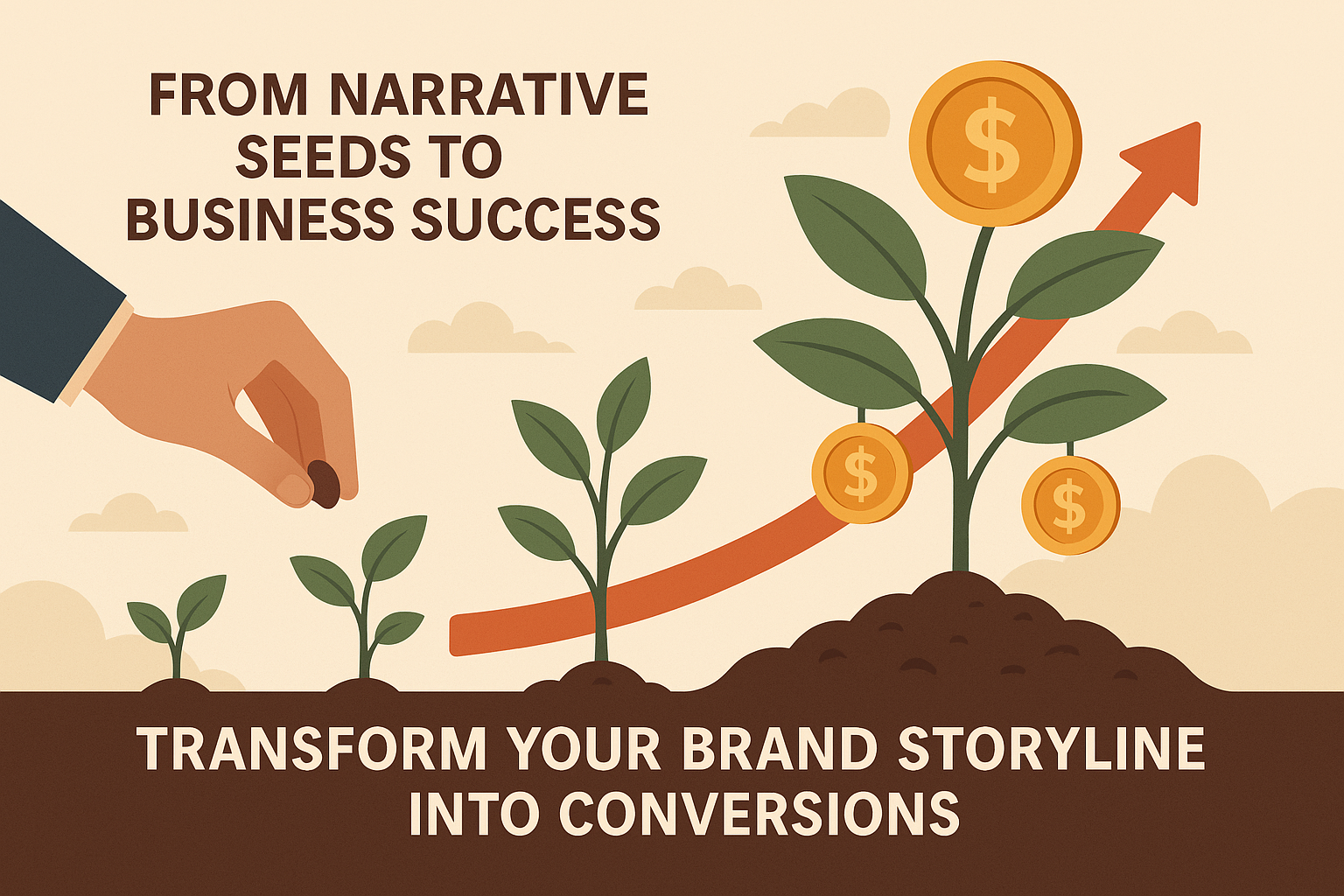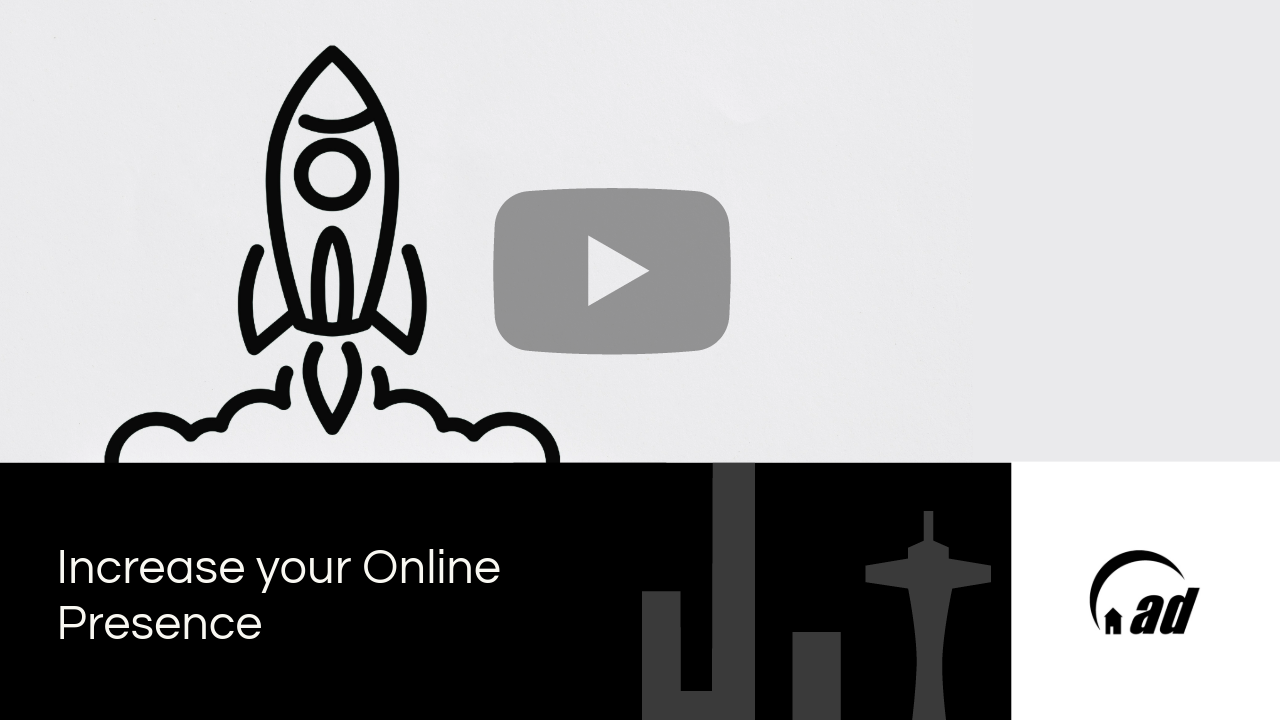The Role of Hosting in SEO: How Your Hosting Provider Affects Search Rankings
If you're familiar with SEO, you'll know the ins and outs of making your website attractive to search engines. But before you even look at trending topics, popular keywords, and link-building, there's a much more fundamental thing you should be thinking of: your web hosting provider.
Not sure how your hosting provider affects search rankings? We're breaking down the role of hosting in SEO so you can build a solid foundation for your SEO efforts and reap the rewards later!
Why Is SEO So Important?
The relationship between web hosts and SEO is more intricate than you think! But let's take a step back before we dive into it and understand why SEO is so important in the online world… And a critical part of any website's success.
SEO is all about optimizing your website so that search engines like it… And rank it higher than your competition on the search engine results page. Here's why it matters so much:
- Visibility: The better your SEO, the higher you rank. And the higher you rank, the more people see you. Most people never even scroll past the first 3 or 4 results, so the higher you can be, the better for you!
- Credibility: Showing up higher on the rankings gives the impression of being a trustworthy and authoritative website. People are likelier to click on you and spend time browsing if Google promotes you up top.
- Traffic: Higher ranking = more traffic. The click-through rate drops noticeably the further down the results you go, so good SEO is valuable because it translates to more clicks and higher traffic.
- Conversions: More traffic means a higher rate of conversion. Of course, your website must be user-friendly and easy to navigate, but great SEO is an excellent start to converting people.
How Does Hosting Affect Your SEO?
So, how does your choice of web hosting provider affect search rankings? You may be surprised at the many ways in which your host can make or break your website!
Site and Loading Speed
We must always uphold the importance of how fast your web pages load. Don't be shocked, but… More than half your visitors will leave if your page hasn't loaded in 3 seconds or less!
Depending on several factors, your web host can make your loading speed faster or slower. Google ranks you lower if your website loads slowly, so ensure your host has a good reputation for speedy performance.
Server Uptime
If your site is down, nobody will be able to access it. If someone tries, they will get a bad impression of your website and brand. And if Google attempts to crawl your site while it's down, it may assume it is not functional and remove you entirely from the rankings for some time.
Choose a host that offers 99.99% or more uptime. You could go for 99.9%, but you could be offline for up to 10 times more throughout the year! Choose a host offering four nines, and you should be good to go.
Data Center Locations
Think of the interaction between your website and the user, like throwing a ball back and forth. If you're close to each other, you won't need to put much effort into throwing, and you'll be able to throw back and forth quickly.
But the further you get from each other, the more power you need to throw it and the longer it'll take to get there. In the same way, the further your visitor's browser is from your web host's server, the longer it'll take for the info to reach them, making loading times slower.
Easy solution—choose a web host with a data center or server in the same place as your target audience. If you sell mainly in the UK, make sure your web host has a server in the UK. The closer, the better!
And if you sell worldwide, don't worry. You'll be good to go if your web host uses a CDN (see below).
Content Delivery Network (CDN)
A CDN is a vast, interconnected network of servers across the world. Web hosts who use CDNs can offer better loading speeds because each server in the network stores a cached copy of your website.
So, no matter where your visitor is from, a server should be nearby for quick and easy loading. Making a huge difference, so we recommend choosing a host that offers a CDN.
Security
A web host with mediocre security is an accident waiting to happen! One breach can have huge implications, such as leaking sensitive customer data. Once you break someone's trust, it becomes difficult to regain your good reputation.
Your hosting provider should offer a wide range of security features. An SSL certificate, malware scanning, firewalls, DDoS protection, and active threat neutralization are all things you should be looking for in a host. Google also likes security and will rank you higher.
Bounce Rate
Have you got a high bounce rate? Google will think your site isn't valuable to visitors and knock you down the SERP. Slow loading times are the primary factor leading to a high bounce rate, so this goes back to choosing a host that prioritizes fast loading speeds.
IP Reputation
Make sure your web host has a good IP reputation. If it doesn't, Google notices and ranks you lower for being associated with a potentially spammy IP.
Shared IP Addresses
With shared hosting options, your website will share an IP address with multiple other sites on the server. If just one site on that IP address is doing something it shouldn't be—spamming people, violating search engine guidelines, or engaging in malicious activity—Google can assume your site is doing the same.
Make sure your web host isn't using a flagged IP address. And, even better, avoid sharing a server with other websites if possible.
Email Deliverability
A poor IP reputation also impacts email deliverability. Email marketing is a valuable part of any digital marketing strategy, so while it might not be SEO-related, it can still considerably impact your marketing efforts.
How to Choose the Best Host for SEO
The key to maximizing your SEO is to build your website on the foundation of a reputable, reliable web host. Here's how to choose one that meets your needs.
- Choose a Reputable Hosting Provider: Research web hosts by reading real-people reviews and looking for recommendations from online communities. Assess each host's reputation for reliability, speed, performance, and customer support.
- Consider Using a Dedicated IP Address: If IP reputation is a worry, consider using a dedicated IP address rather than a shared one. Dedicated IP addresses significantly reduce the risk of being negatively affected by other websites sharing the same IP.
- Check for SEO Tools and Features: Some hosting companies offer SEO-related tools and features. These can help you manage and improve your site's SEO.
- Support for Growth: Think ahead! Consider your website's growth in the future and choose a provider that can accommodate you as your site expands.
Conclusion
Once you understand how your hosting provider affects search rankings, it's easy to justify choosing an excellent web host, even if they're a little more pricey. Get this right from the start, and you'll have a perfect foundation for your website to grow.
Suppose you've already got a website but are second-guessing your web host. It's not the end of the world. Find a new host that suits your needs and migrate your site. It might take some time and seem unnecessary, but trust us—you want a great web host!
About the Author
Paul Wheeler operates a web design agency that assists small businesses in optimizing their websites for success. He seeks to educate business owners on website-related matters at his website, Reviews for Website Hosting.
Picture By: Image by 8photo on Freepik.com
Share
Tips & Updates








